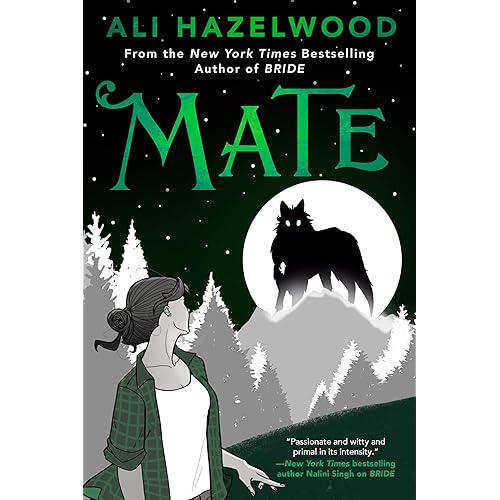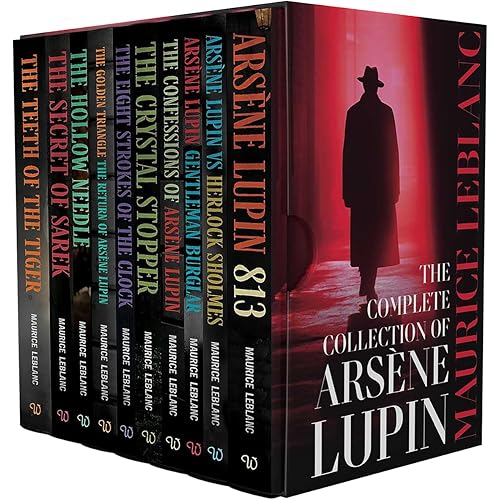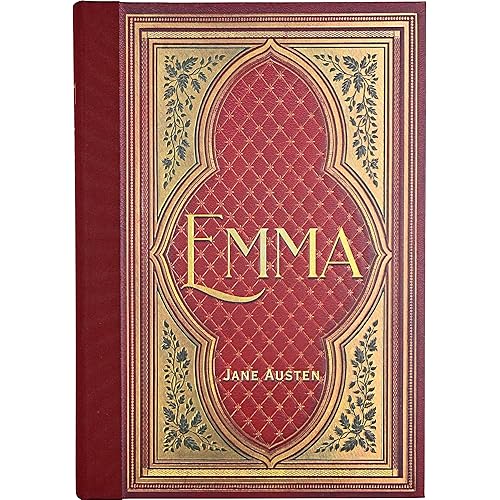

Buy Now, Pay Later
- – 4-month term
- – No impact on credit
- – Instant approval decision
- – Secure and straightforward checkout
Ready to go? Add this product to your cart and select a plan during checkout.
Payment plans are offered through our trusted finance partners Klarna, Affirm, Afterpay, Apple Pay, and PayTomorrow. No-credit-needed leasing options through Acima may also be available at checkout.
Learn more about financing & leasing here.
30-day refund/replacement
To qualify for a full refund, items must be returned in their original, unused condition. If an item is returned in a used, damaged, or materially different state, you may be granted a partial refund.
To initiate a return, please visit our Returns Center.
View our full returns policy here.
Description
The Rabbit Hutch is a stunning debut novel about four teenagers—recently aged out of the state foster-care system—living together in an apartment building in the post-industrial Midwest, exploring the quest for transcendence and the desire for love. “Gunty writes with a keen, sensitive eye about all manner of intimacies—the kind we build with other people, and the kind we cultivate around ourselves and our tenuous, private aspirations.”—Raven Leilani, best- selling, award-winning author of Luster The automobile industry has abandoned Vacca Vale, Indiana, leaving its residents behind, too. In a run-down apartment building on the edge of town, commonly known as the Rabbit Hutch, lives one of these people, a young girl named Blandine Watkins, who The Rabbit Hutch centers around. Hauntingly beautiful and unnervingly bright, Blandine lives alongside three teenage boys, all recently aged out of the state foster- care system, all of them madly in love with Blandine. Plagued by the structures, people, and places that not only failed her but actively harmed her, Blandine pays no mind to their affection. All she wants is an escape, a true bodily escape like the mystics describe in the books she reads. Set across one week and culminating in a shocking act of violence, The Rabbit Hutch chronicles a group of people looking for ways to live in a dying city, a town on the brink, desperate for rebirth. How far will its residents—especially Blandine—go to achieve it? Does one person’s gain always come at another’s expense? Tess Gunty’s The Rabbit Hutch is a gorgeous and provocative tale of loneliness and community, entrapment and freedom. It announces a major new voice in American fiction, one bristling with intelligence and vulnerability. Read more
Publisher : Vintage; Reprint edition (June 27, 2023)
Language : English
Paperback : 416 pages
ISBN-10 : 0593467876
ISBN-13 : 79
Item Weight : 9.6 ounces
Dimensions : 5.2 x 0.84 x 8 inches
Best Sellers Rank: #44,547 in Books (See Top 100 in Books) #835 in Psychological Fiction (Books) #927 in Coming of Age Fiction (Books) #3,843 in Literary Fiction (Books)
#835 in Psychological Fiction (Books):
#927 in Coming of Age Fiction (Books):
Frequently asked questions
To initiate a return, please visit our Returns Center.
View our full returns policy here.
- Klarna Financing
- Affirm Pay in 4
- Affirm Financing
- Afterpay Financing
- PayTomorrow Financing
- Financing through Apple Pay
Learn more about financing & leasing here.



















